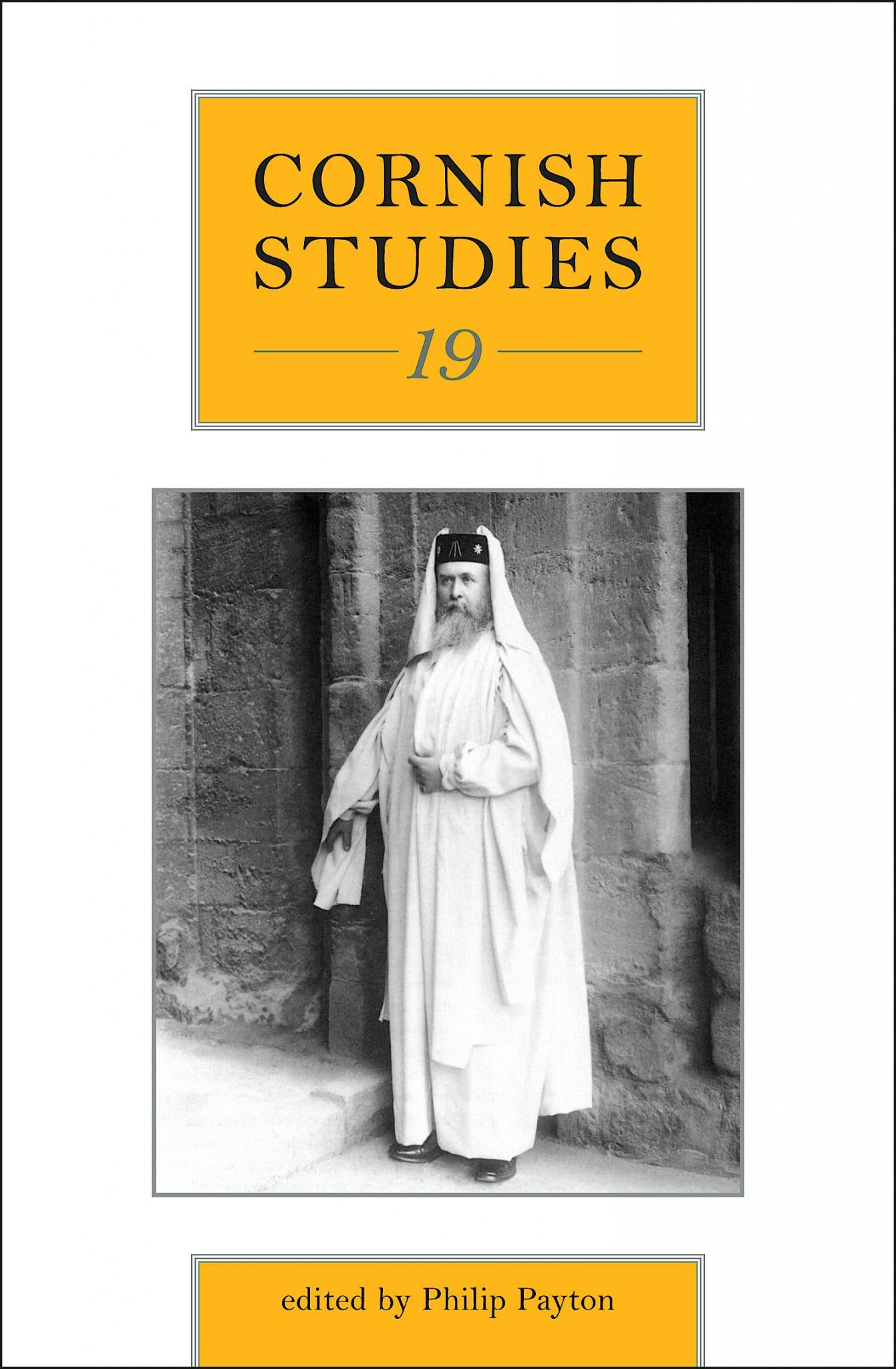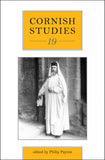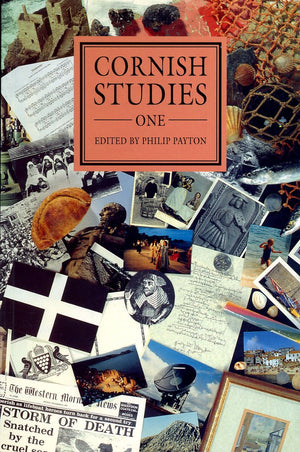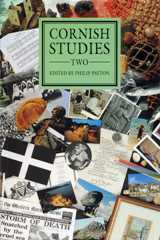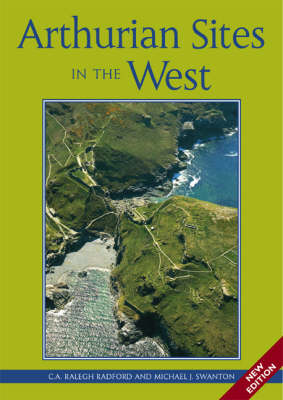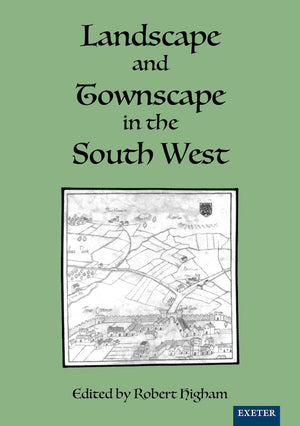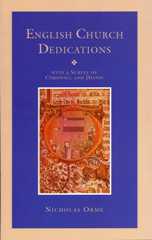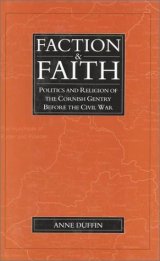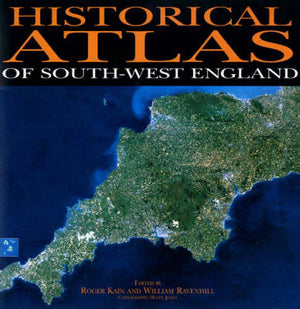University of Exeter Press
Cornish Studies Volume 19
Couldn't load pickup availability
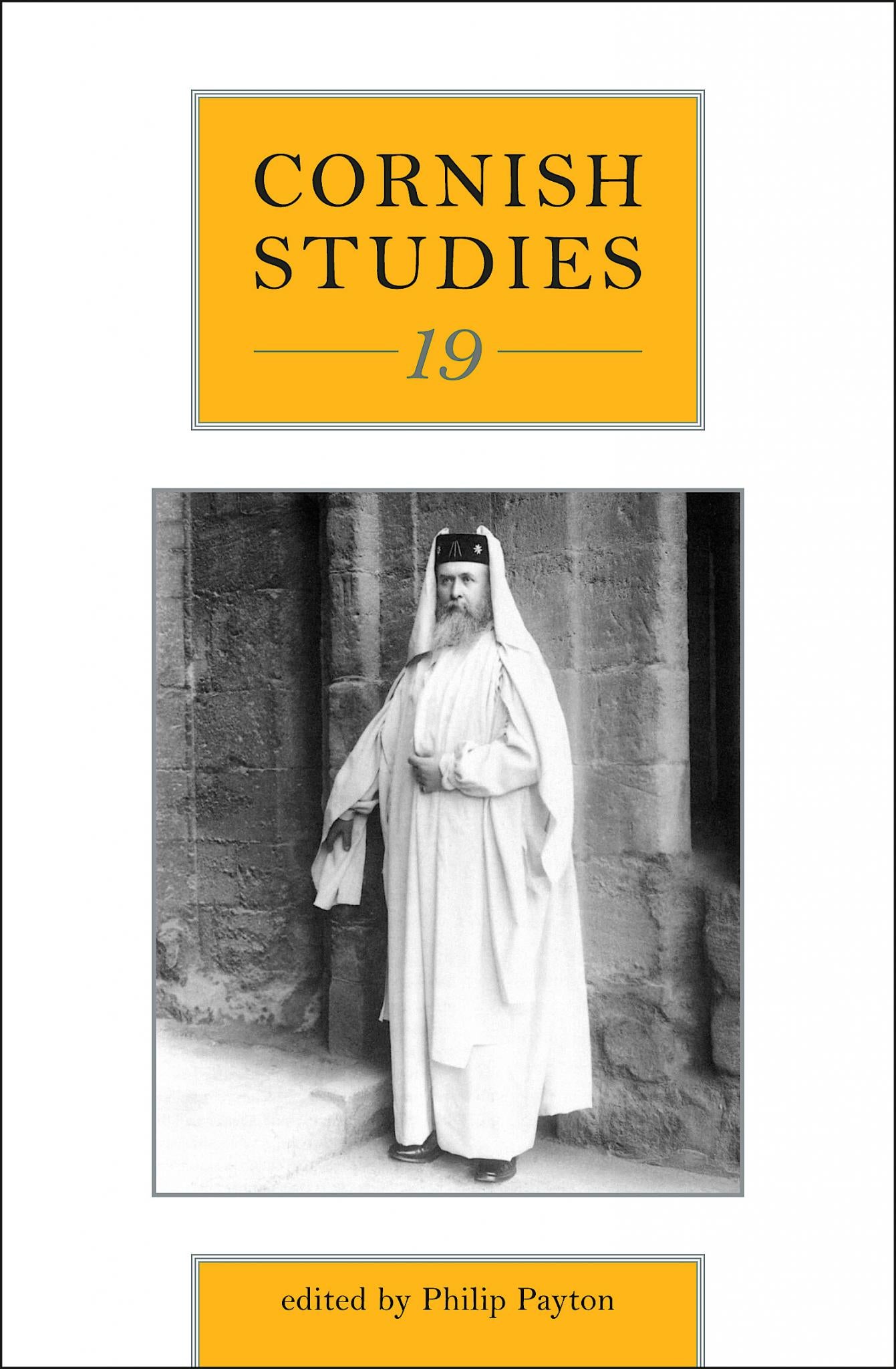
- 252 Pages
The nineteenth volume in the acclaimed paperback series . . . the only county series that can legitimately claim to represent the past and present of a nation.
‘Cornish Studies’ has consistently - and successfully - sought to investigate and understand the complex nature of Cornish identity, as well as to discuss its implications for society and governance in contemporary Cornwall.
The latest volume in this internationally acclaimed paperback series, Cornish Studies: Nineteen examines the Duchy of Cornwall in the medieval period and discusses the Cornish language (including its significance as an icon of contemporary Cornish identity), as well as critically evaluating the early Cornish-language revivalists and analysing the experiences of Cornish women in Cornwall’s nineteenth-century ‘Great Emigration’. There is also a review of recent books on Californian mining towns in the 1930s and the ‘Anglican imagination’ of John Betjeman.
The nineteenth volume in the acclaimed paperback series . . . the only county series that can legitimately claim to represent the past and present of a nation.
‘Time and place are central to many of the issues facing humanity, and how we contemplate the future. Cornish Studies thus provides much more than insight into the past and the regional, informing understanding that extends far beyond’.( Professor Kevin J. Gaston, Director, Environment & Sustainability Institute, University of Exeter, Cornwall Campus)
‘A staple of the academic year the latest volume of Cornish Studies (Second Series) does not disappoint in its on-going deconstruction of some of the myths of Cornish culture. This is a fine collection of essays with some interesting emergent voices in the field.’(Cornish Banner, 147, February 2012)
Introduction
1. A Duchy officer and a gentleman: The career connections of Avery Cornburgh (d.1487), R. E. Stansfield
2. Some Cornish plurals, Nicholas Williams
3. Xians via Yish? Language attitudes and cultural identities on Britain’s Celtic periphery, Stuart Dunmore
4. ‘I am answerable for the Cornish’: The genesis of the Revd Robert Williams’s Lexicon-Cornu Britannicum and the significance of the Peniarth Library’s Hengwrt Manuscripts in his later research, Derek R. Williams
5. Charles Rogers’s ‘Vocabulary of the Cornish Language’, the Rylands Vocabulary, and gatherers of pre-‘Revival’ fragments, Sharon Lowenna
6. A ‘mystic message to the world’: Henry Jenner, W. Y. Evans-Wentz and the fairy-faith in ‘Celtic’ Cornwall, Carl Phillips
Henry Jenner and the British Museum, David Everett
7. From a north Cornish pulpit: The sermon notes of Cyril Leslie-Jones, 1911–1919, Jonathan Howlett
8. Desperate? Destitute? Deserted? Questioning perceptions of miners’ wives in Cornwall during the great migration, 1851–1891, Lesley Trotter
9. Cousins Jack and Jenny in Phyllis Somerville’s Not Only in Stone, Charlotte White
10. Review Article: Diversity and Complexity in Twentieth-century Cornish Identities, Philip Payton







